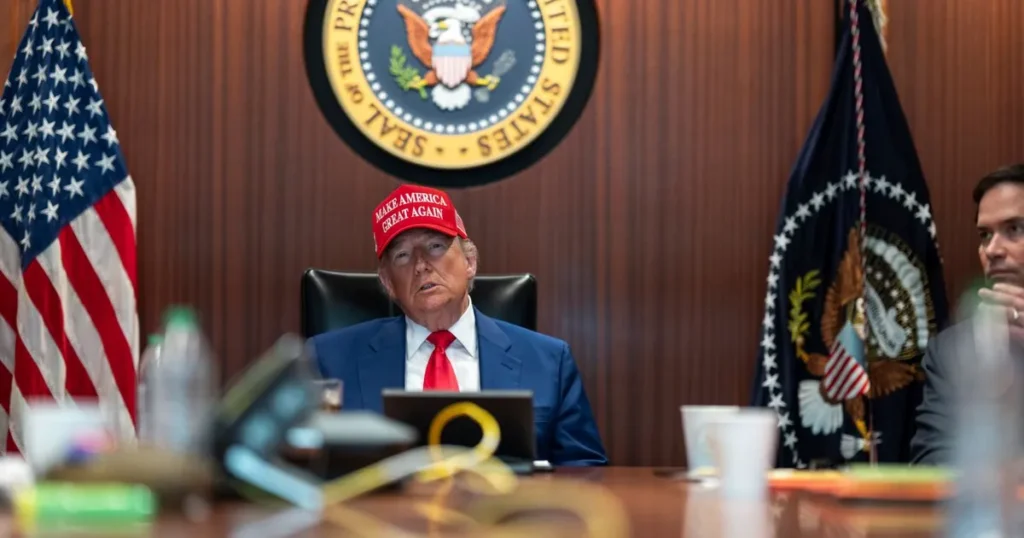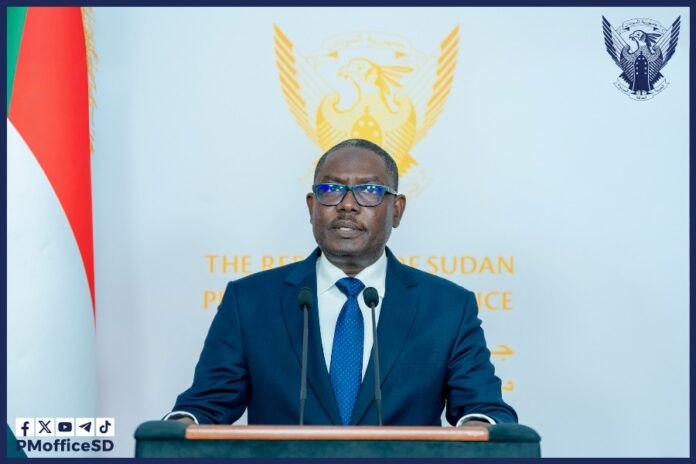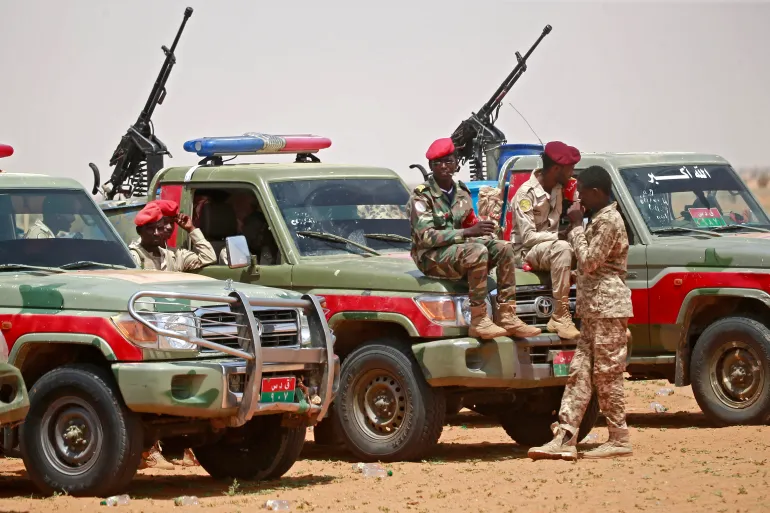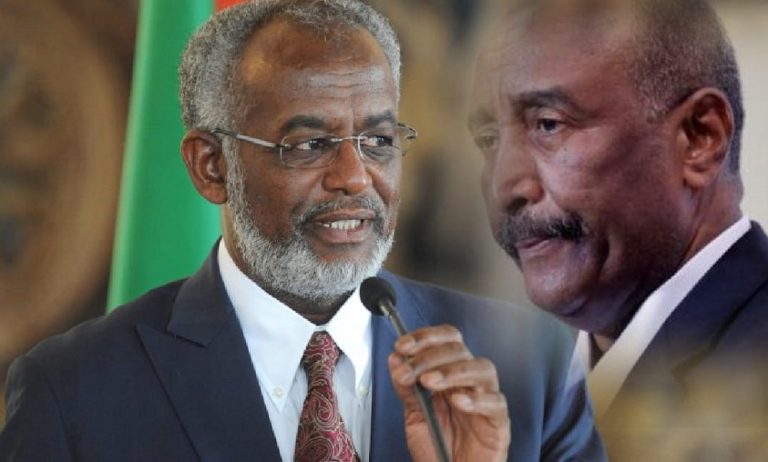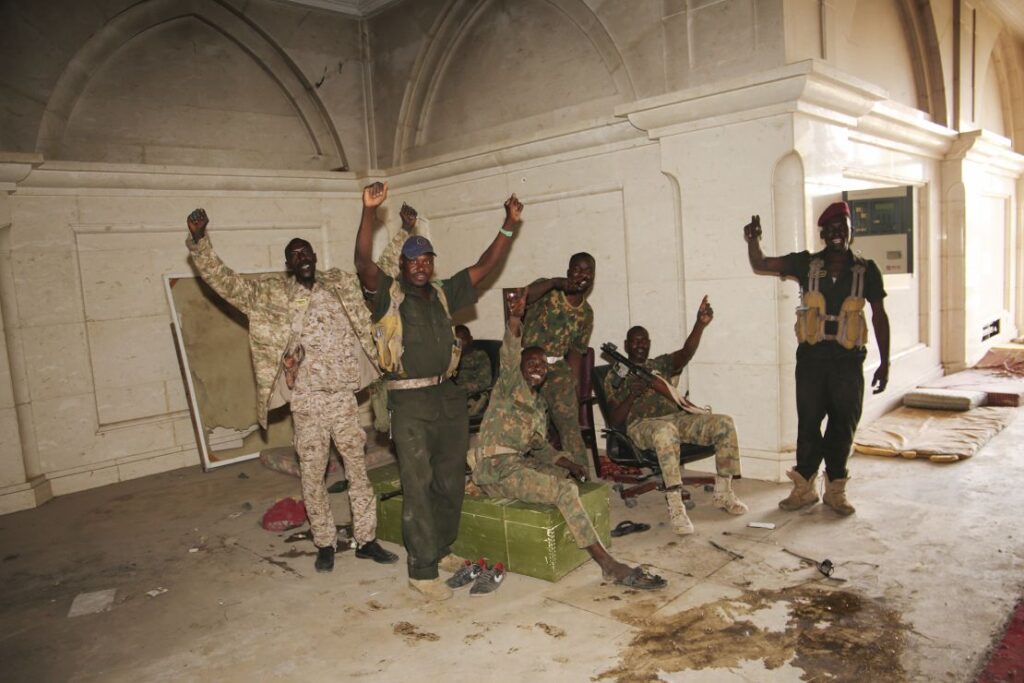
Armed groups wearing a mix of SAF fatigues and civilian clothes now control dozens of checkpoints across greater Khartoum, residents say, beating, robbing and sometimes killing motorists who refuse to hand over cash or mobile phones.
One Omdurman resident told local media he suffered a broken arm after resisting militiamen; two days later a friend who fought back was shot dead. Similar assaults are reported “dozens of times every day” in northern Omdurman, Bahri and parts of Khartoum‑North, according to neighbourhood committees.
Militias allied to the SAF
The gunmen include fighters from Darfur‑based movements that sided with General al-Burhan’s army (SAF) when the SAF recaptured the capital from the rival Rapid Support Forces (RSF) in March. Human‑rights investigators have documented abuses by SAF‑aligned auxiliaries elsewhere in the country, warning that unchecked units in Khartoum risk replicating those crimes.
Analysts say the proliferation of militias highlights the near‑total collapse of state authority. “Whoever holds a weapon sets the rules,” political researcher Mohamed Mansour told an online forum. “Khartoum is now a chessboard of war‑lords.”
Under mounting public anger, SAF chief Abdel‑Fattah al‑Burhan last week ordered all armed formations — including pro‑SAF auxiliaries — to vacate the capital within 14 days, according to Sudan Tribune and other local outlets. Some Darfuri factions have publicly pledged compliance, but activists doubt the order will be enforced.
Returnees walk into danger
The International Organization for Migration estimates nearly 400,000 internally displaced people have trickled back to Khartoum and neighbouring Gezira and Sennar states since March, the first net drop in Sudan’s displacement in two years. Many returnees, however, discover looted homes, absent services and streets ruled by gunmen.
A confidential United‑Nations security assessment seen by diplomats concluded it would be “impossible” for UN agencies to restore full operations in Khartoum before January 2026, even if major fighting stops.
Civil‑society groups say Burhan’s edict must extend beyond Darfuri allies to Islamist formations such as the al‑Baraa battalions and the “North Shield” militia. Leaving any faction armed inside the city “would be political deception,” activist Atef Abdoun said.
Until there is a credible disarmament plan, rights monitors warn, Khartoum will remain, in the words of Sudanese analyst Hassan Abdel‑Radhi, “a hijacked city guarded by ghosts, unfit for life.”

